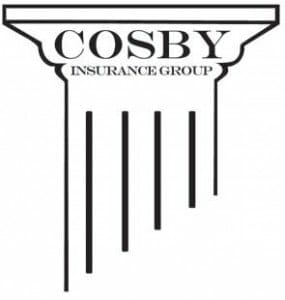Services jointly issued final rules regarding proposed amendments to regulations, to
be consistent with the Affordable Care Act (ACA), relating to wellness programs in
group health coverage. The final rules were first proposed on Nov. 26, 2012.
The final rules replace the current HIPAA wellness program rules and also
implement the nondiscrimination provisions made applicable to the individual
market by Section 1201 of the ACA.
The wellness program exception to the prohibition on discrimination under the
existing rules and the ACA applies to group health plans (and any health insurance
coverage offered in connection with such plans), but does not apply to health
insurance coverage offered in the individual market. The final rules apply to all
grandfathered and non-grandfathered fully insured and self-funded group health
plans for plan years beginning on or after Jan. 1, 2014.
As under the current rules, there are two types of wellness programs: participatory
and health-contingent.
Participatory wellness programs either do not provide a reward or do not include
any conditions for obtaining a reward that are based on an individual satisfying a
standard related to a health factor. Participatory wellness programs are not subject
to five key requirements to which health-contingent programs are.
Examples include:
Programs that reimburse employees for all or part of the cost of fitness center
testing programs.
Diagnostic testing programs that provide a reward for participation and do
not base any part of the reward on outcomes.
See http://www.dol.gov/ebsa/pdf/fswellnessprogram.pdf for more information

